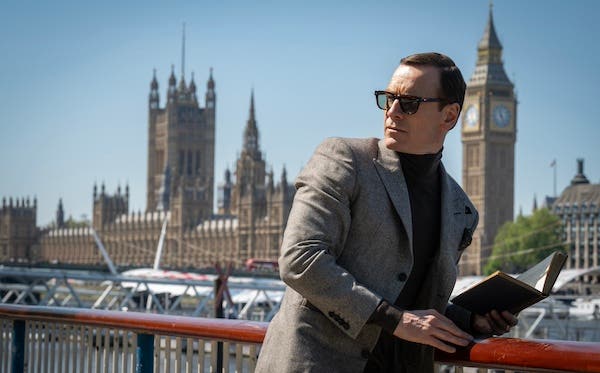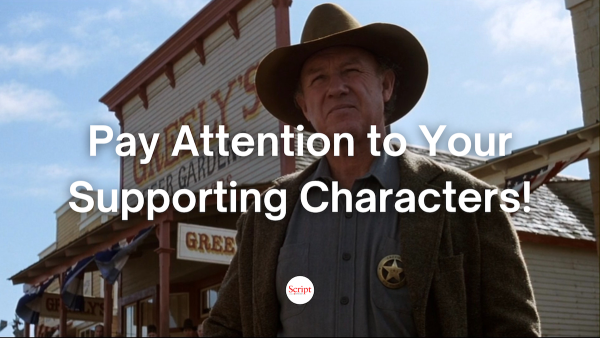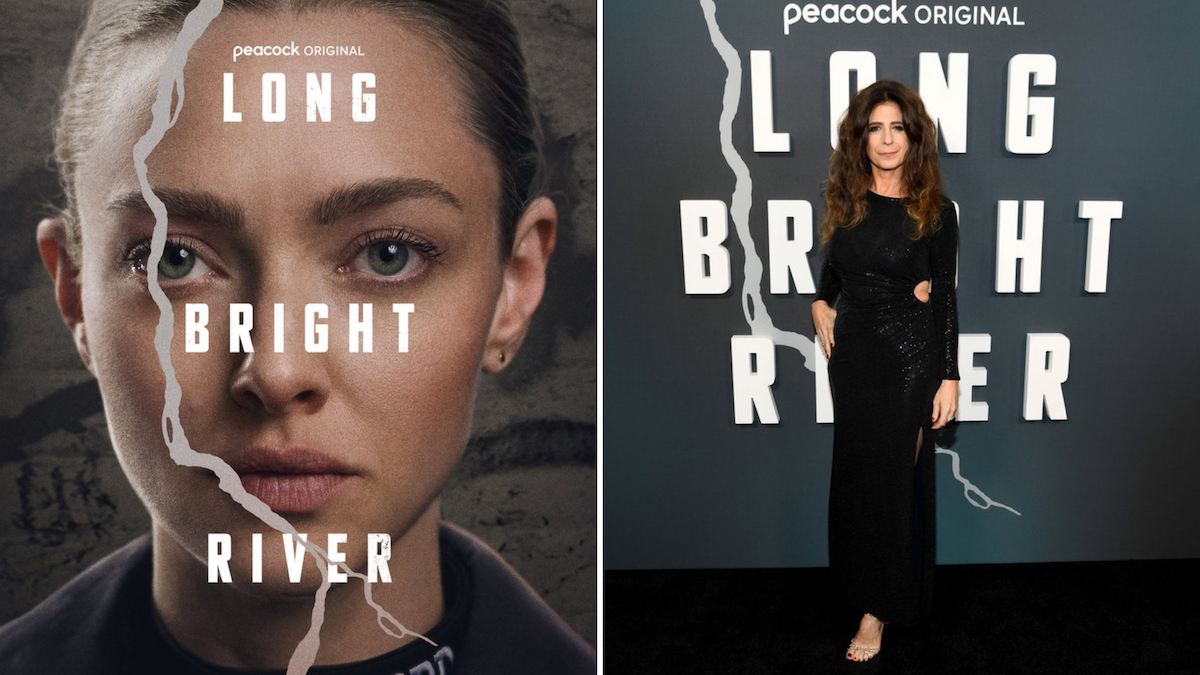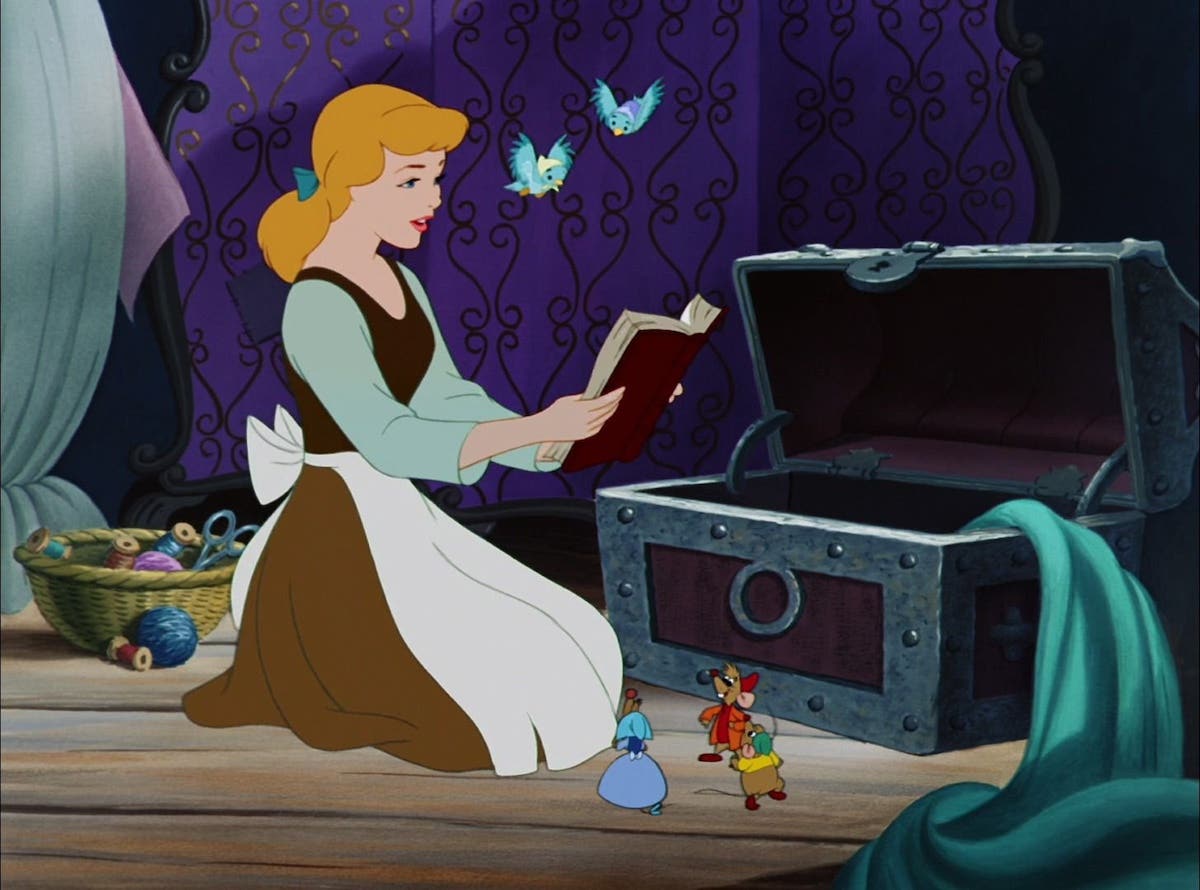MEET THE READER: The Film Franchise – Over One Billion Served
When it comes to movies, we are definitely living in the age of the franchise. Ray Morton discusses whether to write one or not.
Ray Morton is a writer, senior contributor to Script Magazine and script consultant. His new book A Quick Guide to Screenwriting is now available online and in bookstores. Follow Ray on Twitter: @RayMorton1
When it comes to movies, we are definitely living in the age of the franchise—event movies that generate a long line of sequels as well as numerous spin-offs across multiple platforms: TV series; direct to video continuations; book, comics, and graphic novel lines; computer and on-line games; toys, records, posters; and a plethora of other merchandise.
In the old days (pre-1995), the films we now call franchises were called series – the ongoing adventures of a particular group of characters in a particular place and time. Film series have been around since the beginning of cinema and in Hollywood’s heyday, there were dozens of them – the Charlie Chan pictures, the Universal monster movies, Sherlock Holmes, The Thin Man, Tarzan, Blondie, Ma and Pa Kettle and so on. These skeins were all wildly successfully but remained, for the most part, confined to the silver screen.
Series began morphing into franchises in the 1960s and 1970s with the James Bond and Planet of the Apes films. These two series produced many installments, but also jumped off the big screen by generating numerous spin-offs in other mediums – novels, TV shows, comic books, and a ton of merchandise -- all of which returned enormous profits to their various production entities. But it was Star Wars that kicked the franchise concept into high gear. George Lucas’s 1977 space fantasy not only inspired lots of sequels and prequels and ancillary products, but it also popularized the notion of telling a single story across a number of movies (Universal’s Frankenstein series of the 1930s and 40s and the Planet of the Apes pictures had done the same thing, but it was that original trilogy of movies set in a galaxy far, far away that made the concept a staple of franchise filmmaking). The spectacular financial success of Star Wars, as well as the subsequent bonanzas generated by the Superman and Star Trek films motivated all of the studios to generate their own franchises.
(By the way, the use of the term “franchise” in reference to movies began as a joke. “The Franchise” was the sarcastic phrase executives at Paramount Pictures used when discussing the numerous permutations of Star Trek – all of the big screen, television, and book series and especially the incredible amount of highly profitable licensed merchandise spun off from Gene Roddenberry’s classic show. Referring to their cash cow in terms previously reserved for fast food hamburger stores was a gag on the part of the Paramount execs, so it amuses me to no end that the term was picked up by the industry at large and is now used with such straight-faced seriousness.)
The subsequent success of the Alien, Matrix, Harry Potter, Lord of the Rings, Jason Bourne, and Marvel superhero movies showed that franchise were a wise investment and the industry doubled down. These days, studios are still willing to consider making the occasional one-off movie, but are much more interested in producing films that have the potential to spawn endless amounts of sequels, prequels, spin-offs, and stuff. This interest has not gone unnoticed by aspiring screenwriters, many of whom are now trying to create their own.
As a result, I am seeing more and more high concept stuff -- fantasy, space opera, superhero movies, and big action – the type of material that serves as the basis of most franchises. These genres have always been staples, but I am seeing a much greater number of them lately. I am also seeing more and more screenplays that end with a cliffhanger – not finishing the stories they start, but instead setting up ongoing sagas and saving their narrative conclusions for later, yet-to-be written screenplays. I’m also receiving more trilogies – packages of three scripts that (purportedly) tell a single story and are submitted together for simultaneous analysis and consideration. Many of these scripts are accompanied by detailed spin-off plans – outlines for additional sequels, television adaptations, games, and so on. While one can certainly admire the ambition of these writers, their approaches are problematic.
First of all, most franchises are based on pre-existing material. This is because the studios’ desire for franchises is spurred on primarily by their desire for sure things. So they gravitate toward properties that have already proven to be successful – hit one-off films and already existing film franchises; best-selling books and graphic novels; old movies, and TV shows; popular video games and amusement park rides; and so on – in the hope that their success will be repeated at the box office. Original franchise material is not proven and therefore not a sure thing and therefore the studios really aren’t very interested in it. So for screenwriters, the time and effort they put into creating such material is largely wasted.
Second, scripts with cliffhanger endings are terribly unsatisfying. Even if there are greater adventures to come, a story with no ending is an incredibly frustrating and disappointing thing for readers and eventually viewers -- to experience. When it comes to industry readers, frustration and disappointment are not feelings that usually translate into a RECOMMEND, which means there won’t be a first movie to become successful enough to finance those follow-up adventures.
The trilogy thing is also a problem. To begin with, you have to come up with a story that will be able to hold the reader’s interest over three full-length screenplays, something most of the trilogies I have read have failed to do – instead, they tend to stretch a story that would work nicely in a single script out over three and then add in a lot of boring filler to up the page count. In addition, the individual screenplays have to be interesting and satisfying entities in their own right, something that is hard to accomplish and therefore rarely is. Also, despite all of the hype, studios don’t make trilogies. They may intend (and announce) a trilogy when embarking on a particular project, but what they really do is make a single film and wait to see if it is successful before developing and funding any further installments. So they’re not looking for three scripts to make at once (yes, yes, Lord of the Rings, but that was not a spec-based project). Finally, studios take their cues from the audience when developing additional films in a franchise. If a particular character or story thread catches on, they will focus future scripts on those elements rather than stick with a preconceived story line (Star Wars is a good example of this. Despite George Lucas’s claims, there were no plans to do another film until the first movie was a smash. When it came time to create the story for the sequels, Lucas focused it totally on the audiences’ favorite character – Darth Vader – someone who originally was never meant to be anything more than a cool henchman for the first movie’s main villain -- Peter Cushing’s Grand Moff Tarkin). So once again, it pretty much a waste of time and energy for up-and-coming writers to pen trilogies.
Another problem for writers seeking to create original franchises is that sci fi and fantasy are really hard genres to write and, frankly, most specs in these genres aren’t very good. They all tend to have the same problems – lots and lots of strange and unfamiliar names and worlds and powers and social systems and politics that are unclear and poorly explained and too many stale and recycled genre tropes and clichés. Action and superhero scripts tend to have the same problem with tropes and clichés and no screenwriter has ever succeeded in creating an original superhero that did not come across as a pale imitation of an existing character. One script filled with these things is bad enough, but when they’re spread out over multiple scripts – oh, boy.
As far as creating your own franchise plans – there’s no need. In the unlikely event that a studio is interested in your franchise concept, they have teams of people on staff whose job it is to develop ancillary plans for its projects. Including a plan with your script is presumptuous, premature, and will just make you look silly.
So, my advice to spec script writers seeking to create their own original franchises is don’t bother. Although this is the era of the franchise, in recent years studios have frequently chosen the most original and offbeat talent they can find to develop their series. So, if you want to work on a franchise, your best bet is likely to be to write the most original, non-franchise-type screenplay you can – one that displays a fresh and unique voice that might persuade execs to hire you to work on their multiplatform extravaganzas.
If you do want to write franchise-style material, put all of your effort into crafting one exciting, well-realized screenplay that tells one exciting, well-realized story. And make sure it is a complete story with a satisfying ending. That’s what will get your script sold and made. If you have ideas for future installments and spin-offs, great. Jot them down and you can even bring them up in pitch and development meetings. But the success of your screenplay must never depend on additional installments. It must stand and work on its own. Only then will you have people clamoring for more.
Copyright © 2015 by Ray Morton
All Rights Reserved
No portion of this article may be copied, reprinted,
or reposted without the permission of the author
However, feel free to link to this piece to your heart’s content.
Get more franchise advice in Jeffrey Reddick's
Creating a Film Franchise in Today's Movie Market Webinar
Ray Morton is a writer and script consultant. His many books, including A Quick Guide to Screenwriting, are available online and in bookstores. Morton analyzes screenplays for production companies, producers, and individual writers. He can be reached at ray@raymorton.com. Twitter: RayMorton1







